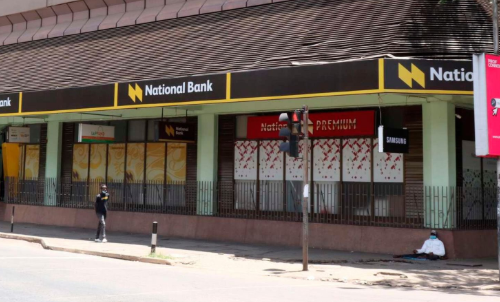State outlines steps to revitalise coffee cooperatives

REFORMS: The government has outlined measures it is taking to streamline the management of the coffee sector and weed out cooperative officers who have been defrauding farmers for years.
Cooperative and Small Medium and Micro Enterprises (MSMEs) Cabinet Secretary, Simon Chelugui said the ministry has already tabled Cooperative Bill 2023 and Coffee Bill 2023 to help achieve the goal.
He noted that the country’s coffee production had dropped from 128,000 tonnes to 51,000 due to the low prices, poor management, and theft of the produce from factories.
As a result, Chelugui said the government had capped the minimum price at Sh80 per kg of coffee where a farmer will be paid Sh40 once the coffee reaches the factory and another Sh40 after milling.
The CS speaking during a sensitisation and registration forum on the Coffee Cherry Advance Revolving Fund in Kisii town.
He urged farmers to boost the quality and quantity of coffee to benefit from the increasing coffee prices in the global market. Chelugui said farmers will be paid through Direct Sales Agreement ( DSS) to their Mpesa or Accounts once they deliver coffee at their respective societies and is sold.
Black gold
“Coffee is black gold. We want to improve the welfare of those engaged in cash crop production” he told farmers drawn from Kisii, Migori, Nyamira, Homa Bay, Narok and Bomet counties.
The CS said reforms in the sub-sector are geared towards narrowing the gap between farmers, consumers and marketers and ensure farmers get profit.
He noted the government has limited borrowing by societies, noting that Commissioner of Cooperatives and members will approve borrowing to curb graft.
The government, asserted the CS, has licenced 14 cooperative union’s nationally to represent farmers at Nairobi Coffee Exchange (NCE).












